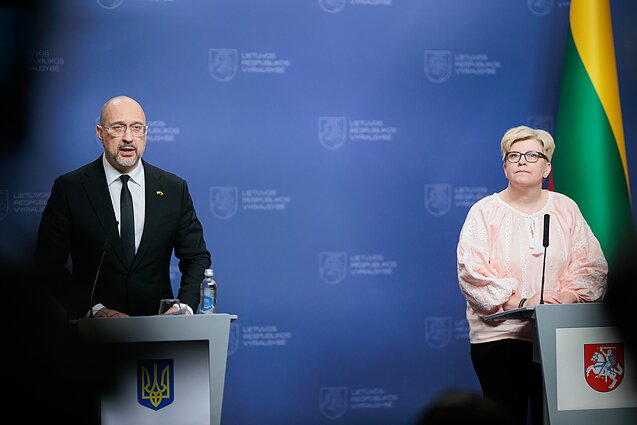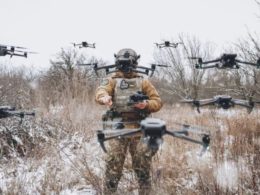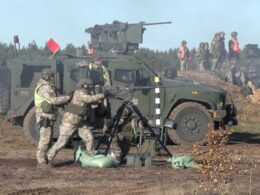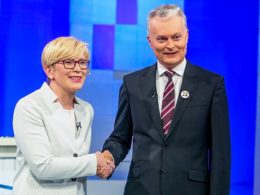In a joint press conference with Ukrainian Prime Minister Denys Shmyhal in Vilnius on 5 April, Lithuanian Prime Minister Ingrida Šimonytė stated that with proper air defense protection, Western military instructors could be sent to Ukraine to train Ukrainian troops, LRT reports.
Šimonytė explained that Lithuanian military instructors are currently training Ukrainian soldiers in Lithuania and other countries, and that the same could be done in Ukraine if the air defense situation is adequate. She mentioned the possibility of sending specialists to Ukraine to assist with cyber security, demining, and border protection.
The Lithuanian PM also commented on French President Emmanuel Macron's recent remarks about potentially sending troops to Ukraine, stating that Macron's comments had been interpreted as a proposal for Western combat troops when, in fact, various forms of assistance and involvement could be considered.
“There are different forms of assistance or ways of getting involved. I think what President Macron said, and what is key, is that we should not draw red lines for ourselves when on the other side we have a person who has no red lines and who has a nuclear threat and waves it every other day,” Ingrida Šimonytė said.
- In late February, French President Macron stated that he wouldn't rule out the possibility of sending allied troops to Ukraine in the future, a notion Sweden, Poland, and the Czech Republic, as well as NATO chief Jens Stoltenberg, rejected. This was followed by similar rejections from other countries, including Germany, Slovakia, and Hungary, later joined by the US, the UK, Italy, and Spain.
- Kremlin Press Secretary Dmitry Peskov claimed that deploying NATO troops to Ukraine would inevitably lead to a conflict between Russia and NATO.
- French FM Stephane Sejourne suggested that French troops could take on non-combat roles in Ukraine, such as mine clearance, cyber defense, and weapons production on Ukrainian territory.
- Estonian Prime Minister Kaja Kallas said all options, including troops, should be discussed to help Ukraine defeat Russia, while criticizing unequal NATO treatment.





